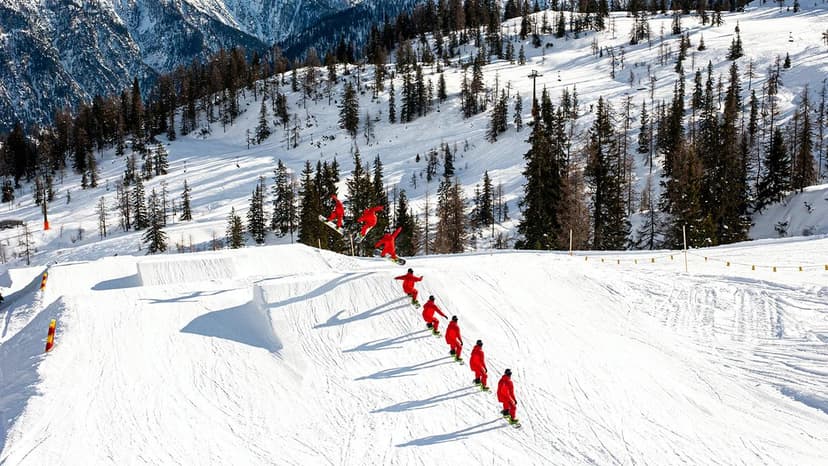Mussolini's Italy: A Contradiction of Progress and Repression
Mussolini's rule over Italy created a legacy marked by both progress and oppression. His policies advanced Italy in several areas, but his dictatorship and aggressive foreign policies led to immense suffering.
Economic and Infrastructure Development
Mussolini's leadership initiated significant economic activity and infrastructure improvements. The regime launched extensive public works, building roads, bridges, railways, and buildings. These projects created jobs and stimulated the economy. Additionally, the government focused on land reclamation, converting marshlands into arable land, which enhanced agricultural output.
Industrial Modernization and Autarky
What was Mussolini's vision for Italy's economy? He aimed for industrial modernization and self-sufficiency (autarky). The regime promoted heavy industries like steel, chemicals, and automobiles. This effort aimed to minimize foreign dependency and strengthen the domestic economy. Despite some successes, the strategy led to economic inefficiencies and resource misallocation.
Social Welfare and Propaganda
Did social welfare improve under Mussolini? Yes, the Fascist regime started various programs to help ordinary Italians. It introduced social security, unemployment benefits, and affordable housing, offering support to the working class. Concurrently, the regime's propaganda glorified Mussolini, creating a strong cult of personality and fostering national pride.
Cultural Preservation and Tourism
How did Mussolini impact Italy's cultural heritage? His government prioritized the preservation of Italy's rich history. It funded the restoration of ancient monuments and historical sites, promoting tourism and safeguarding cultural assets. The regime also showcased Italian art, music, and literature internationally to enhance Italy's cultural presence.
Totalitarian Rule and Repression
What characterized Mussolini's rule? It involved a harsh totalitarian regime. The Fascist Party controlled all societal aspects, quelling political dissent and opposition. Freedoms of speech, press, and assembly were severely restricted. Those who opposed the regime faced imprisonment, torture, or worse.
Foreign Policy Blunders and World War II
What were the consequences of Mussolini's foreign policy? His aggressive expansionism led to the invasion of Ethiopia and Albania, causing international backlash and deteriorating relations with other European nations. His alliance with Nazi Germany brought Italy into World War II, resulting in military failures, destruction, and significant loss of life.
A Legacy of Contradictions
What does Mussolini's legacy entail? His rule represents a blend of progress and ruin. While his governance spurred economic growth and social reform, his totalitarian methods, foreign policy failures, and the devastation of World War II left Italy in a state of turmoil, both physically and morally.












